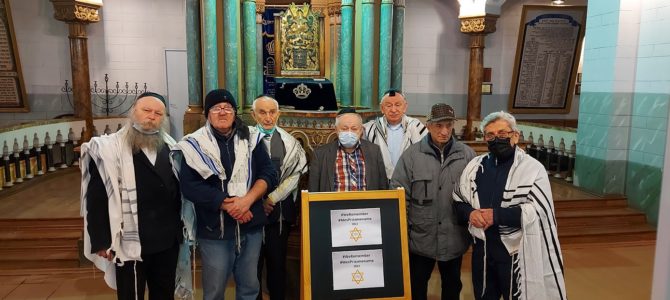

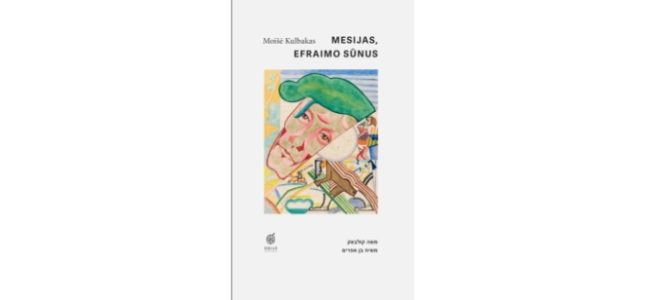
Moshe Kulbak’s Mesiekh ben Efrayim Translated and Published in Lithuanian
Lithuania’s Odilė publishing house has translated and printed a Lithuanian translation of Yiddish writer Moshe Kulbak’s book Mesiekh ben Efrayim under the title Mesijas, Efraimo sūnus. The description by internet vendor knygynas.biz says:
Classic of Lithuanian and world Jewish literature Moishe Kulbak (1896-1937) is known to Lithuanian readers as the author of the wonderful poem Vilne. Finally for the first his prose has appeared in Lithuanian, the novel Messiah ben Efraim. This is one of the most famous and most original of Kulbak’s Yiddish works. It was written in Berlin in 1922 and is suffused with magical realism, something which hadn’t been seen before. The author’s vital and innovative imagination connects surrealistic and expressionistic images here with the oral tradition and strong mystical spirit of Lithuanian Jews. This ensemble recalls the impressive paintings of Marc Chagall.
The novel Messiah ben Efraim is based on a Jewish legend which comes from the Talmud that there are always 36 hidden just men living in the world without whose unseen actions the world would pass away [lamed-vavnik tzadikim or lamed-vavniki]. Kulbak creates a story about these holy people living in historical Lithuanian [Grand Duchy] lands–in Belarus and Žemaitija. Elderly miller Benya, Simkha the rabbi who ran away from his community, the philosopher-bum Gimpel, Christian sauna operator Kiril–these souls trapped in the world seeking the light, guided a strange unease embark on a journey without any explicable destination. During this fantastic trip filled with humor and mystical experiences the cause of this unease driving on the travellers gradually comes into focus: it’s the impending advent of the Messiah to the land of Lithuania.

Sabbath Times
The Sabbath begins at 4:15 P.M. on Friday, January 21, and concludes at 5:37 P.M. on Saturday in the Vilnius region.
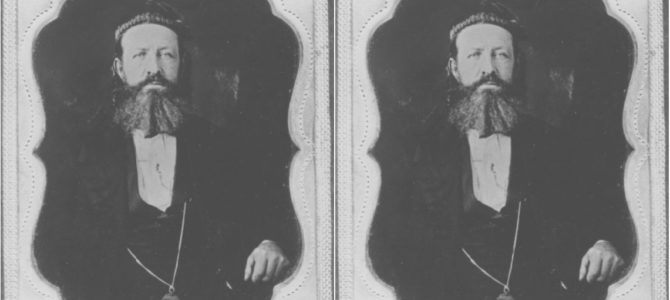
The Forgotten Proto-Zionist: The Visionary Life of Warder Cresson
by Michael Medved
Israel’s contemporary critics angrily insist that the special relationship between America and the Jewish state stems solely from the outsize electoral and economic clout of American Jews. But those who argue that this undue influence has always shaped our policies in the Middle East ignore the fact that the commitment to a rebuilt Jerusalem and a reborn Israel began at a time when the Republic’s Jewish community played an insignificant role in national life, with a minimal population amounting to far less than 1 percent of the federal total. In fact, the idea that the United States ought to link its fate to a Jewish state officially originated in 1844 with the very first diplomat America ever dispatched to Jerusalem, more than a century before Israel’s Declaration of Independence. His name was Warder Cresson, and he led an extraordinary and singular American life.
Cresson’s own Huguenot forebears first came to the New World from Holland in 1657, settling in Delaware and New York. After some adventures in the West Indies, his grandfather Solomon found his way to Philadelphia, where he became an ardent member of the Society of Friends and part of the new city’s Quaker establishment. As successful artisans and entrepreneurs, the Cressons owned prime real estate on Chestnut Street in the center of town as well as valuable agricultural properties in the surrounding countryside.
Born in 1798, Cresson began working the family farms in nearby Darby and Chester counties at age 17, impressing relatives and neighbors with his business and leadership abilities. Married at 23 to another devout Quaker, he proceeded to raise six children of his own and to follow the clan’s pattern of judicious investment and accumulation of wealth.
Full story here.
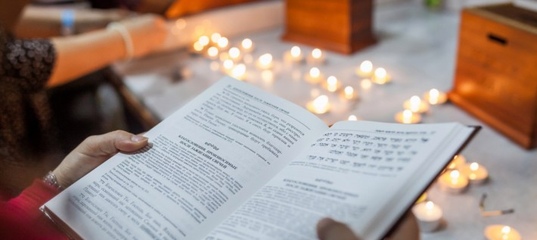
Progressive Judaism Kabalat Shabbat via Internet
A Kabalat Shabbat ceremony will be conducted by internet at 6:00 P.M. on January 21. To register contact Viljamas at viljamas@lzb.lt
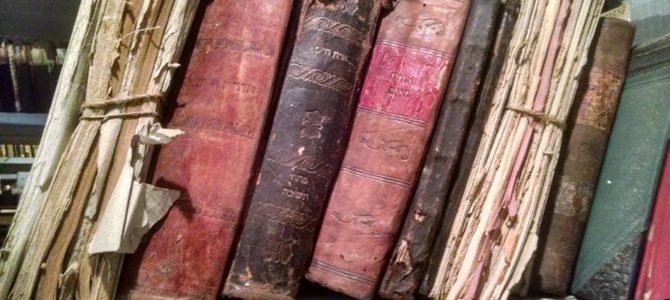
YIVO Vilna Collection Online
Dear Faina,
Today, I am delighted to announce that The YIVO Institute for Jewish Research (YIVO) completed the Edward Blank YIVO Vilna Online Collections Project (EBYVOC), a historic 7-year, $7 million international initiative to process, conserve and digitize YIVO’s divided prewar library and archival collections.
These materials, divided by World War II and located in New York and Vilnius, Lithuania, have now been digitally reunited for the first time.
Comprising approximately 4.1 million pages of archival documents and books, the EBYVOC Project is an international partnership between YIVO, the Lithuanian Central State Archives, the Martynas Mavydas National Library of Lithuania, and the Wroblewski Library of the Lithuanian Academy of Sciences.
The completion of the EBYVOC Project is an epic milestone in the preservation of Eastern European Jewish history and culture. It was completed on schedule and within budget, providing a global audience access to these treasures through a dedicated web portal free-of-charge. We invite you to explore this remarkable collection at https://vilnacollections.yivo.org/.
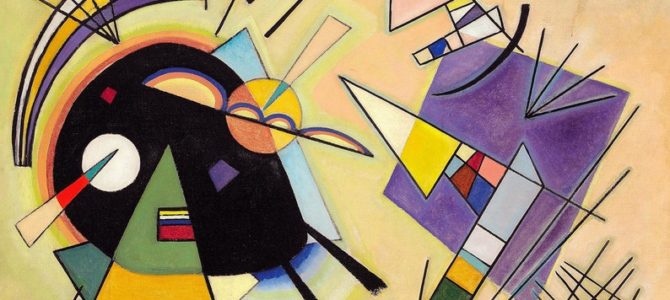
Sabbath Times
The Sabbath begins at 4:04 P.M. on Friday, January 14, and concludes at 5:27 P.M. on Saturday in the Vilnius region.
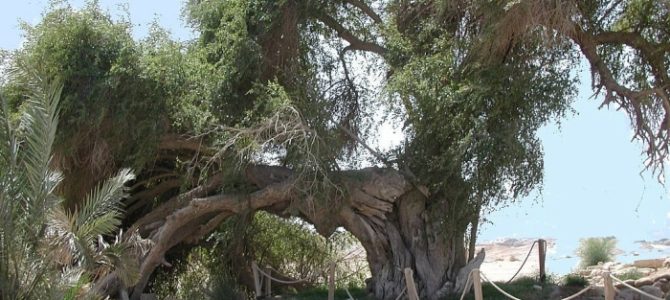
Tu b’Shvat
Monday, January 17, is the Jewish holiday of Tu b’Shvat, the 15th day of the month of Shvat, the New Year for trees also known as Israeli Arbor Day. It is traditional to eat of the shvat ha’minim (seven species endemic to the Land of Israel): wheat, barley, grapes, figs, pomegranates, olives and dates. Hag sameakh!
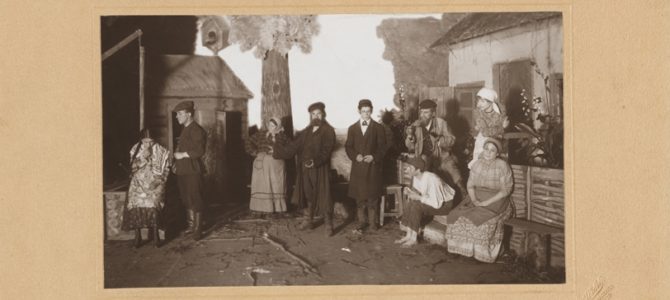
Remembering Documentary Photographer, Author, Screenwriter Alter-Sholem Kacyzne
Photo: Alter Kacyzne. “Green Fields” theater still. ca. 1921. Museum of the City of New York.
text by Yitskhok Niborski, translated from Yiddish by Yankl Salant
Kacyzne, Alter-Sholem (May 31, 1885-July 7, 1941)
(1885–1941), Yiddish writer and critic; photographer. Born in Vilna to a working-class family, Alter-Sholem Kacyzne (Yid., Katsizne) attended heder and also a Russian-language Jewish elementary school. At 14, after his father’s death, he stopped his formal studies. Kacyzne was an autodidact and remained an avid reader not only of literature in Russian, Yiddish, and Hebrew, but also of Polish, German and French works. For about 11 years he lived in Ekaterinoslav where he learned to be a photographer and was married.
In 1909, Kacyzne first published two Russian stories in the periodical Evreiski mir (Jewish World), edited by S. An-ski. In 1910, attracted by the work and reputation of Y. L. Peretz, Kacyzne settled in Warsaw, where he opened a photography studio. He grew very close to Peretz, who became a literary mentor, but did not begin publishing in Yiddish until after Peretz’s death in 1915. Kacyzne’s first Yiddish texts appeared in collections in Vilna and Kiev. In 1919 and 1920 his first two books were published in Warsaw, the dramatic poems Der gayst der meylekh (The Spirit, the King) and Prometeus (Prometheus). He was also a consistent contributor to (and sometimes co-founder and co-editor of) a series of literary periodicals, most of them short-lived, in Warsaw and Vilna, in which he published novellas and stories that in 1922 appeared in book form as Arabeskn (Arabesques).
Kabbalat Shabat
A Kabbalat Shabat ceremony will be held to usher in the Sabbath under the tenets of progressive Judaism at the Lithuanian Jewish Community in Vilnius at 6:00 P.M. on January 14, followed by a glass of wine and challa bread. To register, write Viljamas at viljamas@lzb.lt or call 8 672 50699.
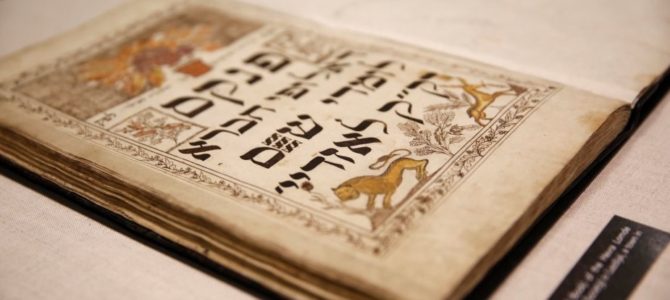
Joint Lithuanian-YIVO Digitization Project Complete

New York-based YIVO has announced the completion of a joint project to digitize the Edward Blank collection in what is known as the Edward Blank Vilna On-Line Collections Project. The historic initiative took seven years and $7 million to complete. The goal was to sort, conserve and digitize pre-war collections from the YIVO library and archives, and to make them available to everyone online.
The project was carried in concert with the Lithuanian Central State Archive, the Martynas Mažvydas Lithuanian National Library and the Vrublevskiai Library of the Lithuanian Academy of Sciences.
Ruth Levine, the director of the board of YIVO, called the completion of the project a new phase in the modern history of the YIVO institute and part of their main mission. She said heroes and martyrs gave their lives to preserve the books and documents in the collection, and expressed gratitude to the Lithuanian partners in the project.

Launch of New Book of Stories about Jewish Vilnius
The Vilnius Jewish Public Library will hold the launch of the new book Чаепитие с попугаем [Tea with Parrots] at 6:00 P.M. on Thursday, January 20. The book was published by the Lithuanian publishing house Kitos Knygos.
This is the author Chona Leibovičius’s first book of short stories, where he tells in his own voice the story of an entire generation of Vilna Jews, many of whom are no longer with us and many others having left to live around the world. The time-period is from the 1950s to the 1980s when the old city was undergoing serious changes, when new suburbs were being built by the Soviets and outside powers were tearing apart the fabric of the city undergoing rapid demographic change.
The author and others will be at the book launch. Others include Donatas Valančiauskas who is the director of Lithuanian state television’s Jewish affairs program Menora and Kitos Knygos author and representative Darius Pocevičius. The library is located in the courtyard at Gedimino prospect no. 24 in Vilnius.
More about the book in Lithuanian and Russian here.
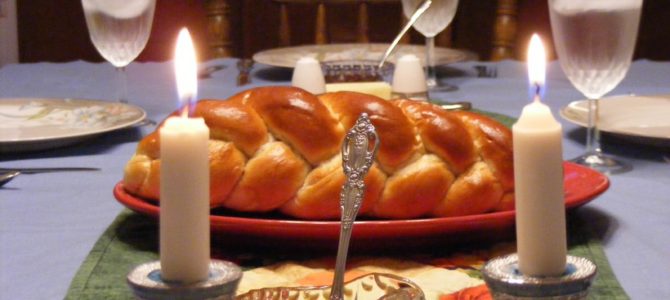
Sabbath Times
The Sabbath begins at 3:52 P.M. on Friday, January 7, and concludes at 5:17 P.M. on Saturday in the Vilnius region.
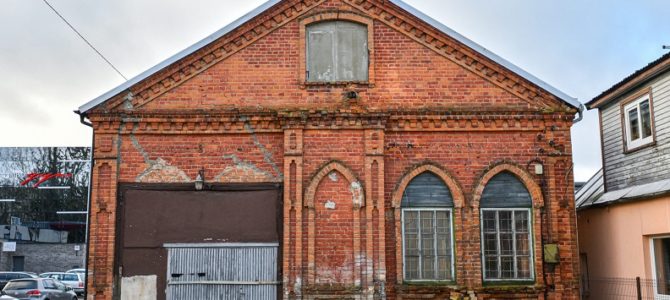
Name Changes but Fate Remains the Same
by Lina Dranseikaitė
The century-old red-brick synagogue standing on M. Valančiaus street in almost the exact center of the city of Panevėžys from now on will be known by its true name, the Torah Association.
Panevėžys Jewish Community chairman Gennady Kofman said historical justice has been restored. But even with the restoration of historical justice, this decaying heritage site in the historical part of the city might completely vanish over the coming decades.
Although Lithuania’s state Property Bank attempted to sell the synagogue two years ago, no takers have appeared. Panevėžys Jewish Community chairman Gennady Kofman says he isn’t even considering that Jews might buy the red-brick synagogue since this building is supposed to belong to Jews already.
Full text in Lithuanian here.
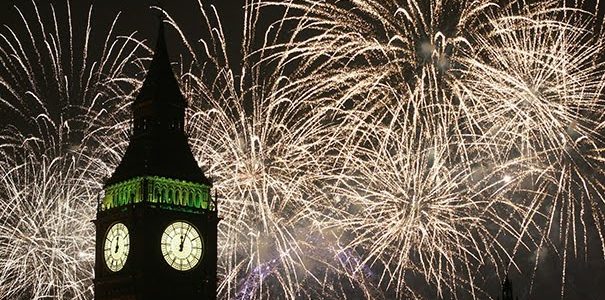
Sabbath Times
The Sabbath begins at 3:44 P.M. on Friday, December 31, and concludes at 5:08 P.M. on Saturday, January 1, in the Vilnius region.
Lithuanian Ambassadors Club Sends Holiday Greetings
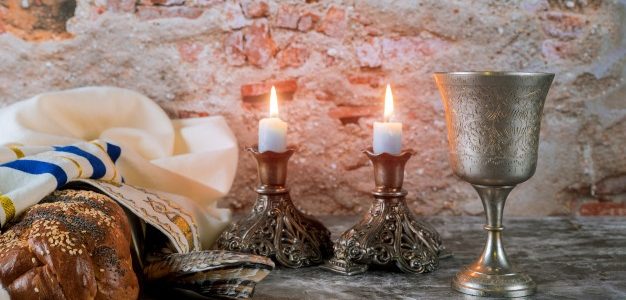
Sabbath Times
The Sabbath begins at 3:38 P.M. on Friday, December 24, and concludes at 5:03 P.M. on Saturday in the Vilnius region.

Holiday Greetings from LJC Chairwoman Faina Kukliansky
I wish you a beautiful and warm holiday season! May it be filled with goodness, peace, warmth and love.
Faina Kukliansky, chairwoman
Lithuanian Jewish Community
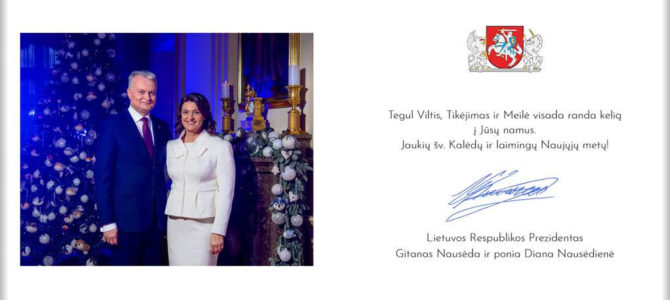
Christmas Greetings from Lithuanian President Gitanas Nausėda and Wife Diana
May Hope, Faith and Love always find the way into your home.
A merry Christmas and a happy New Year!
Gitanas Nausėda and wife Diana
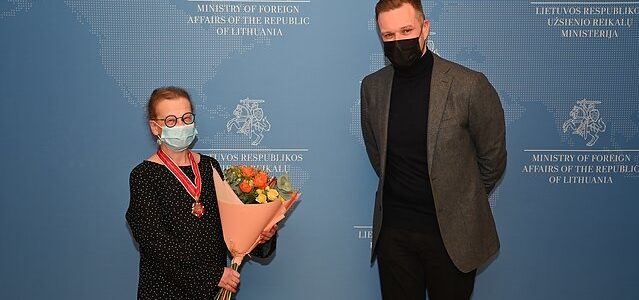
Lara Lempertienė Awarded Prize by Lithuanian Foreign Ministry
Jewish scholar and head of the Lithuanian National Library’s Judaica Center Lara Lempertienė, PhD, was awarded the Star of Lithuanian Diplomacy prize Friday, according to a press release from the Lithuanian Foreign Ministry. Lithuanian foreign minister Gabrielius Landsbergis personally presented her the prize at the ministry in recognition of her work fostering research into Litvak history and cultural heritage, and for her significant contribution to commemorations of the 300th birthday of the Vilna Gaon and 700 years of Litvak history.
“You have made a remarkable contribution in strengthening foreign policy and carrying out our shared mission to spread knowledge of Lithuanian Jewish history and culture,” minister Landsbergis said. The Lithuanian Foreign Ministry has been awarding the Star of Lithuanian Diplomacy since 2010 in recognition of contributions to spreading knowledge of Lithuania internationally and to improving and celebrating international relations.

